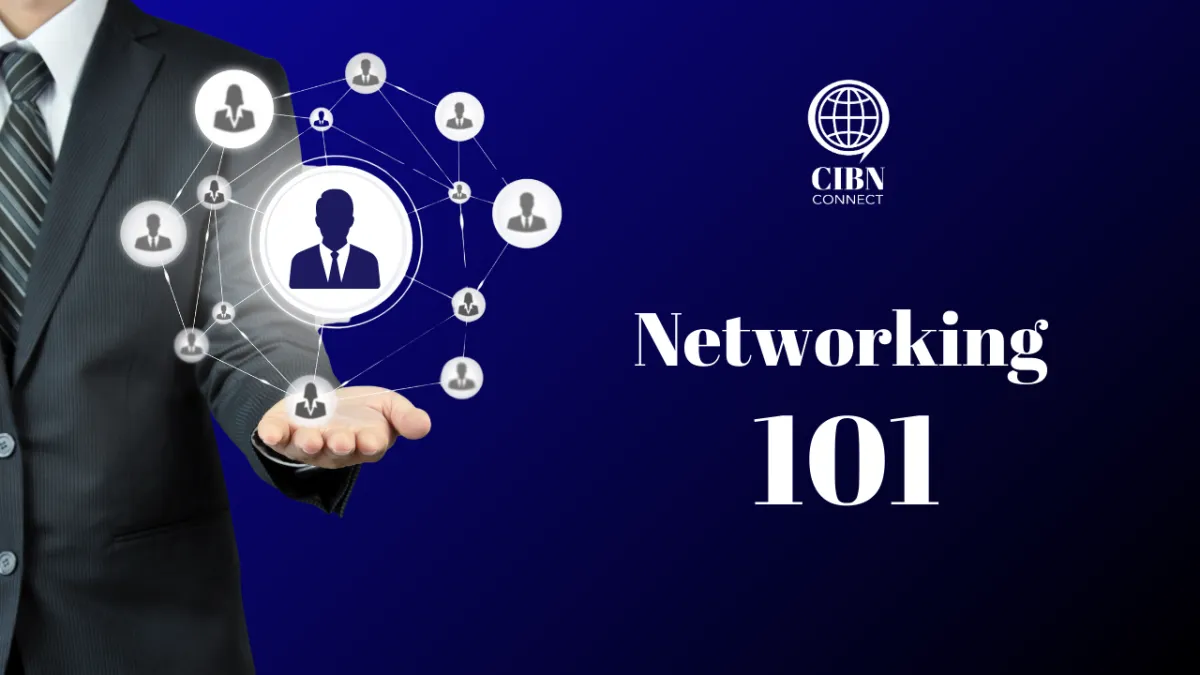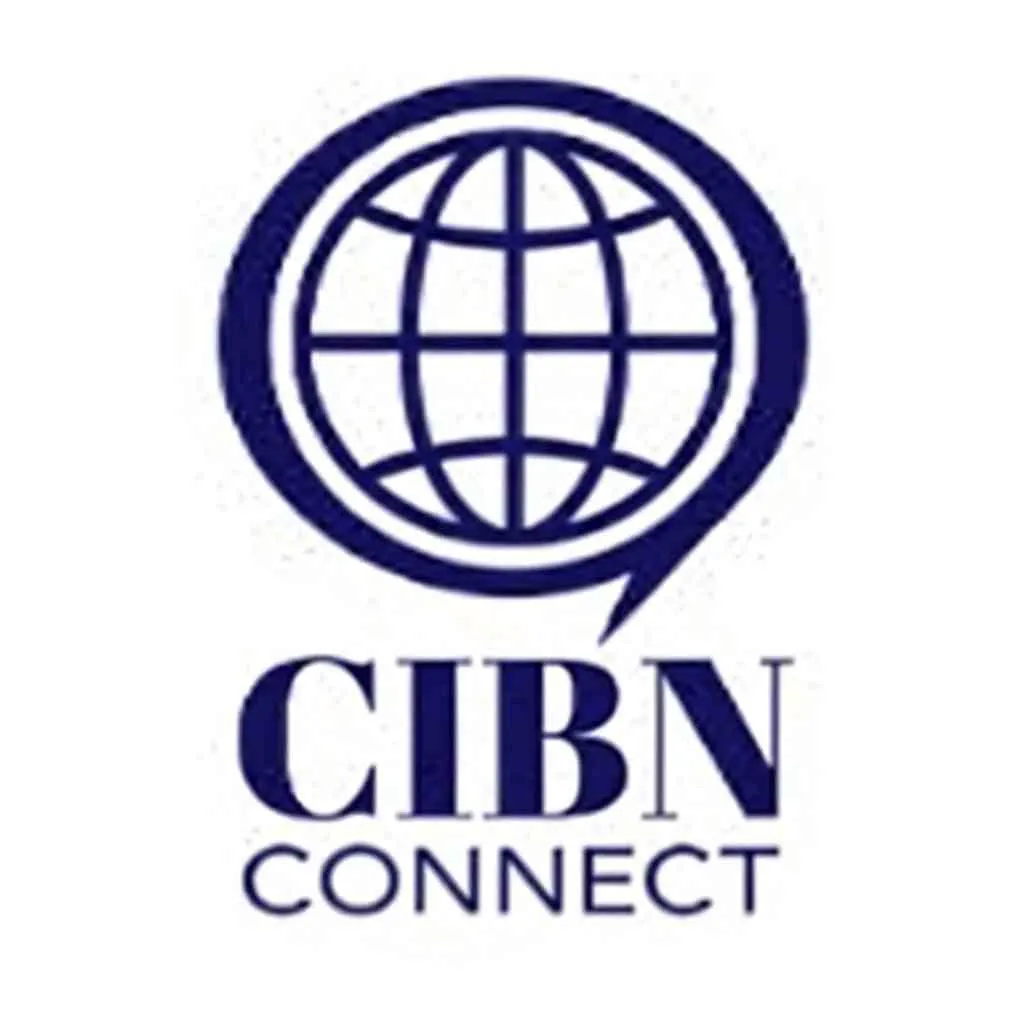CIBN Connect | Two Quick Wins: how to get more referrals.
Two Quick Wins: how to get more referrals.
By Kerry George
HOW TO GET TEN REFERRALS
INSTEAD OF NONE
Asking for referrals is an important step in the sales process for every small business owner. If we do not ask for any referrals, we will get zero. If we ask for only one referral we will usually get zero. However, if we ask for ten, we will almost always get several.
START BY ASKING, MAKING IT EASY, AND WAITING:
This is a tried-and-true CIBN Connect method that we teach to our professional networkers to help them get real and lasting results. Try it out and see how it works. Always ask by putting a paper in front of the person with a pen and have them jog down just the first name as we go through the question. Once they have answered all of the questions, go back and explain how each person will be contacted and explain the next steps in your contacting process to put them at ease. Then ask them to fill in the last name, and lastly have them pull out their phone and put the phone number and email beside each name. Give this process the time that it deserves in the sales presentation. Do not try to rush or tack it on in the last five minutes or that will sabotage the success of the process.
ASK THE RIGHT WAY:
What kinds of questions can you ask to get people to give you 10 referrals instead of one? Some questions inspire answers, and other questions simply don't. Below we have several examples that one could ask their clients, prospects, or Collaborating Partners at CIBN Connect to give them many referrals.
CONSUMER QUESTIONS:
Do you know someone who got married in the last 2 years? Do you know anyone who has 2 children?
Do you know anyone who got laid off?
Who loves to cook?
Who loves to eat?
Who is a coffee snob?
Who is always buying things?
Who likes to purchase gifts for others?
B2B QUESTIONS:
Who do you know that is a plumber?
Who do you know that is a renovator?
Who do you know that owns a painting company?
Who do you know that is an electrician?
Who do you know that has 10 employees?
Who do you know that has a large office with several cubicles and spaces?
Who do you know that just built a new website?
Who do you know that spends a lot of money on Google ads? Who has one location, and they are looking to expand into two locations?
Do you have a client that is making about $300,000 a year, who wants to get to $1 million?
Do you know an entrepreneur who is doing well, but they have dreams to get bigger?
Which questions could work for your business? What other questions could you be asking that are very specific memory jogging questions.
Many people do not ask prospects for referrals at all, but if we have just spent an hour getting to know someone and they declined our services, why not ask? Why not make that our pay? Our questions may be a little different when dealing with a prospect, or they may be the same. Think about the questions you could ask a prospect.
HOW TO DO A PHENOMENAL 1-1:
The one-on-one is not a sales presentation. Professional networkers know that the one-on-one is for sorting, not selling. We are establishing whether someone is: a.) A potential client. b.) A potential one time referrer. c.). A Collaborating Partner who shares the same target market as we do. This person will feed us many leads if we learn to professionally nurture and manage the relationship. The Collaboration Strategy brings in $150,000 per year to business owners who learn and apply the strategy.
DO'S AND DONT'S DURING THE 1-1:
1.During the meeting ask many questions and take notes to refer to later.
2.Create a script for the one-on-one to stay on task.
3.Send out emails or follow-up information after the meeting, or at a certain time in the afternoon after finishing all appointments for efficiency.
4.Sort out client prospect, referrers and Collaborating Partners.
5.If we determine that this person is an ideal candidate for our products or services, do not try to do a presentation and a pitch during this time. It will not succeed. We just met them. Instead answer general questions and book another meeting where we will do a proper presentation with an ask. We may at this meeting gather the intel to customize our presentation or prepare a proposal for the next appointment.
6.Ask for referrals only if this is not going to lead to a sales presentation, or a Collaborating Partnership.
7.Book a meeting from the meeting at every meeting, or there was no meeting.

QUESTIONS TO ASK IN A 1-1
In the getting to know someone process, curiosity is a great strategy. Try to ask many questions and make the time more about them, instead of about us. These are some basic questions to ask, but then we should also ask some sorting questions to establish if they are our potential client, a referrer, or a Collaborating Partner.
BASIC QUESTIONS:
Tell me about your business?
How long have you been doing this?
What got you started in this business?
What is your vision for the future?
Where do you see yourself going?
THE COLLABORATION STRATEGY:
At CIBN Connect we train our members to professionally execute the Collaboration Strategy. We have courses and videos on the process, and it works best with a group of people who understand the strategy. When it is attempted in free networking groups people respond with suspicion because they can’t understand why we would want to meet with them more than once if we are not their obvious buyer. When we meet people for the first time, it is likely that they will not feel warm and fuzzy about us yet. It takes time for a person to feel like they know, like, and trust us. This is why so few one-on-ones produce real results. We do not have time to do multiple one-on-ones with 100 people over a month. This is why we should identify three to five Collaborating Partners and focus more time on getting to know them. Having three one-on-ones with someone who shares our target market, and our values would produce exciting results. Many Collaborating Partners share three to five leads every month with each other. These are warmed up leads that generally are paying clients and therefore they are not only in our target market they are buyers. This is a game changer. Would it make a difference to have five people who referred five warmed up leads to you every month who were established buyers?
"If we do not ask for any referrals, we will get zero."
Want to be great at asking for referrals?

